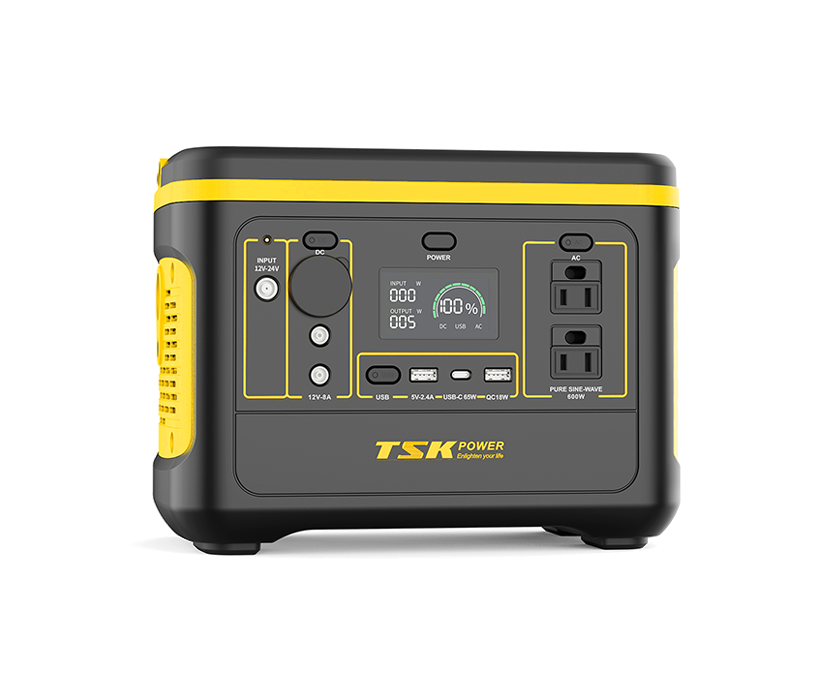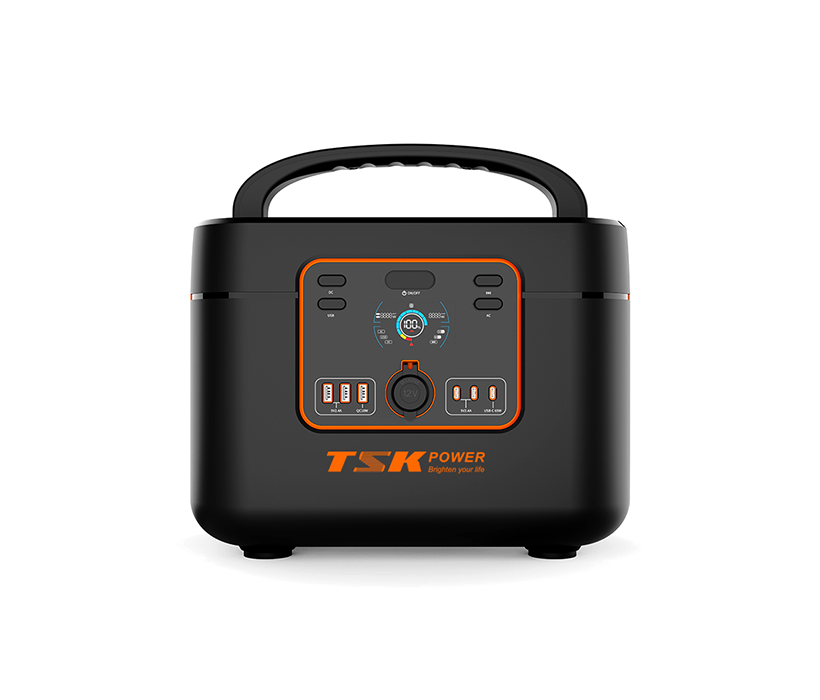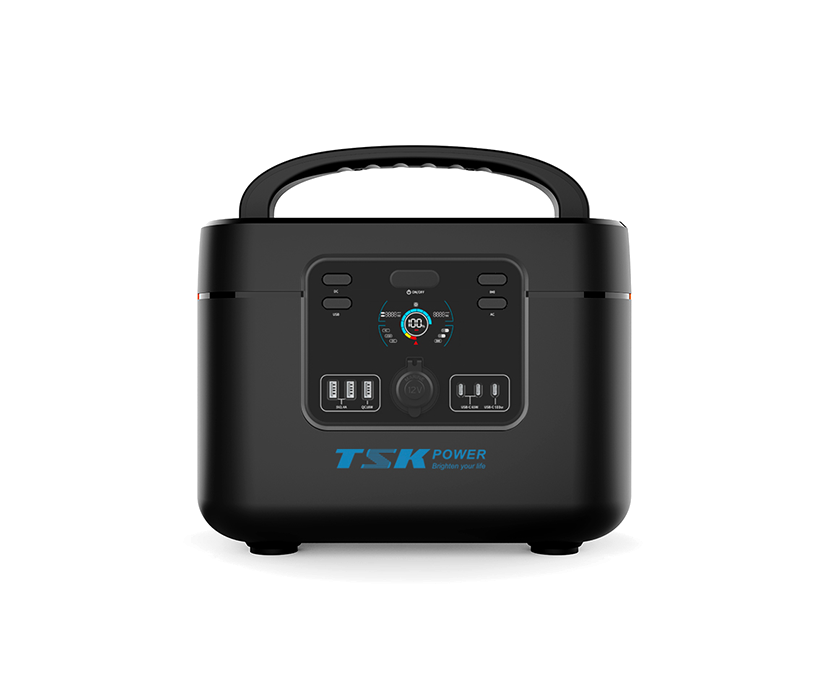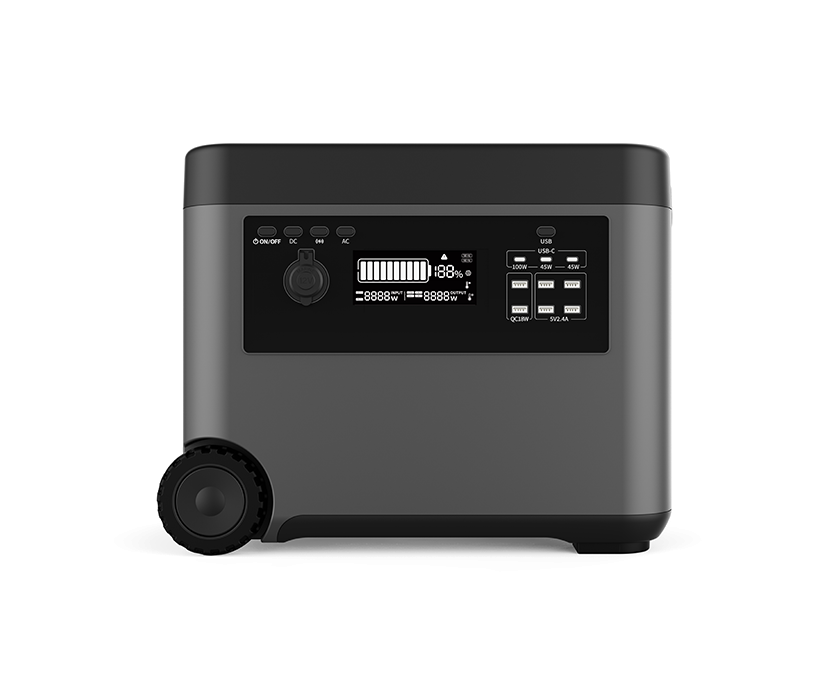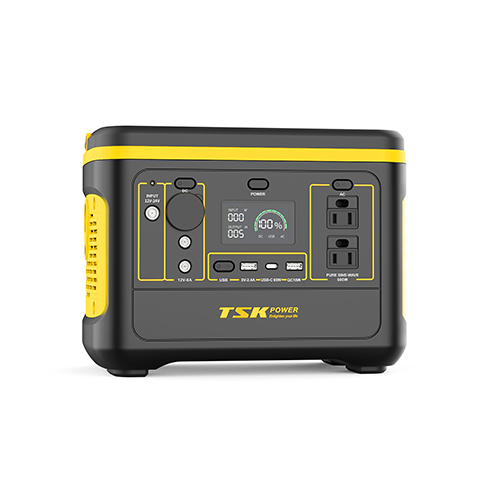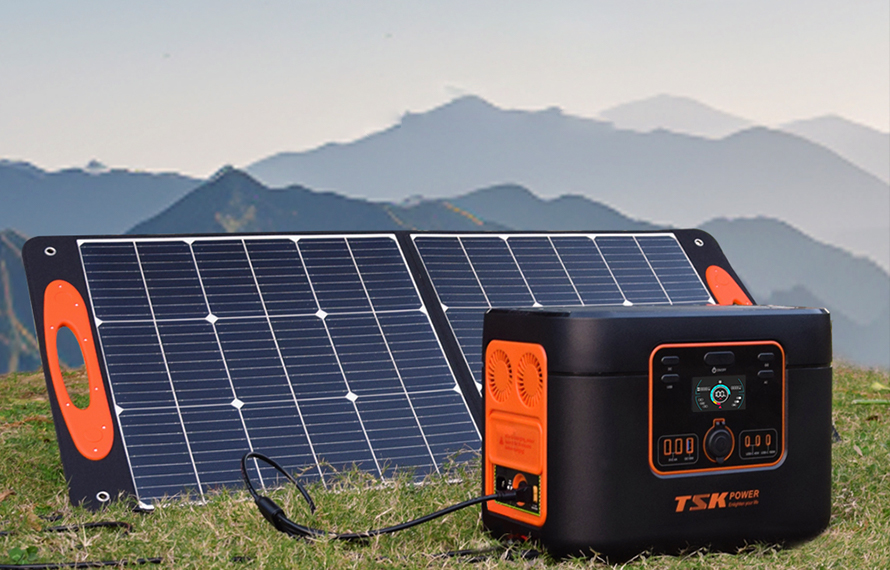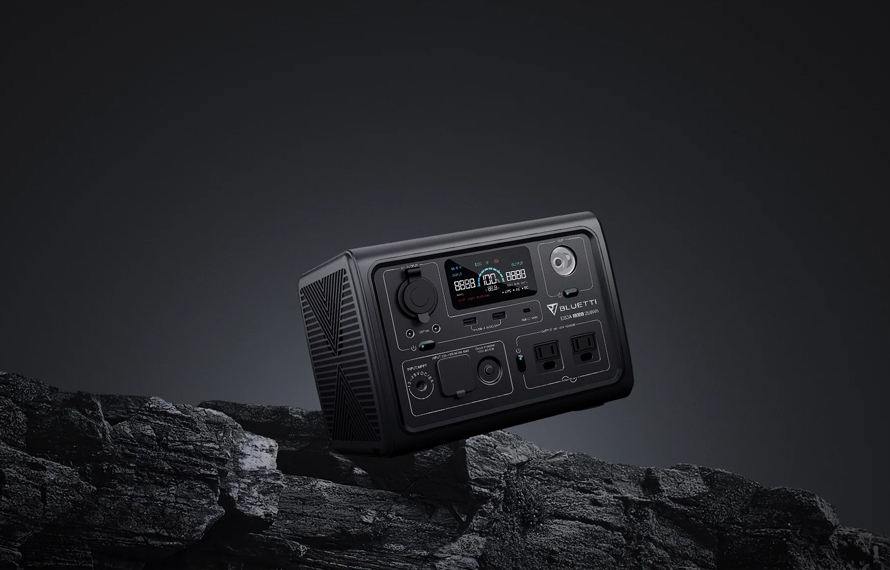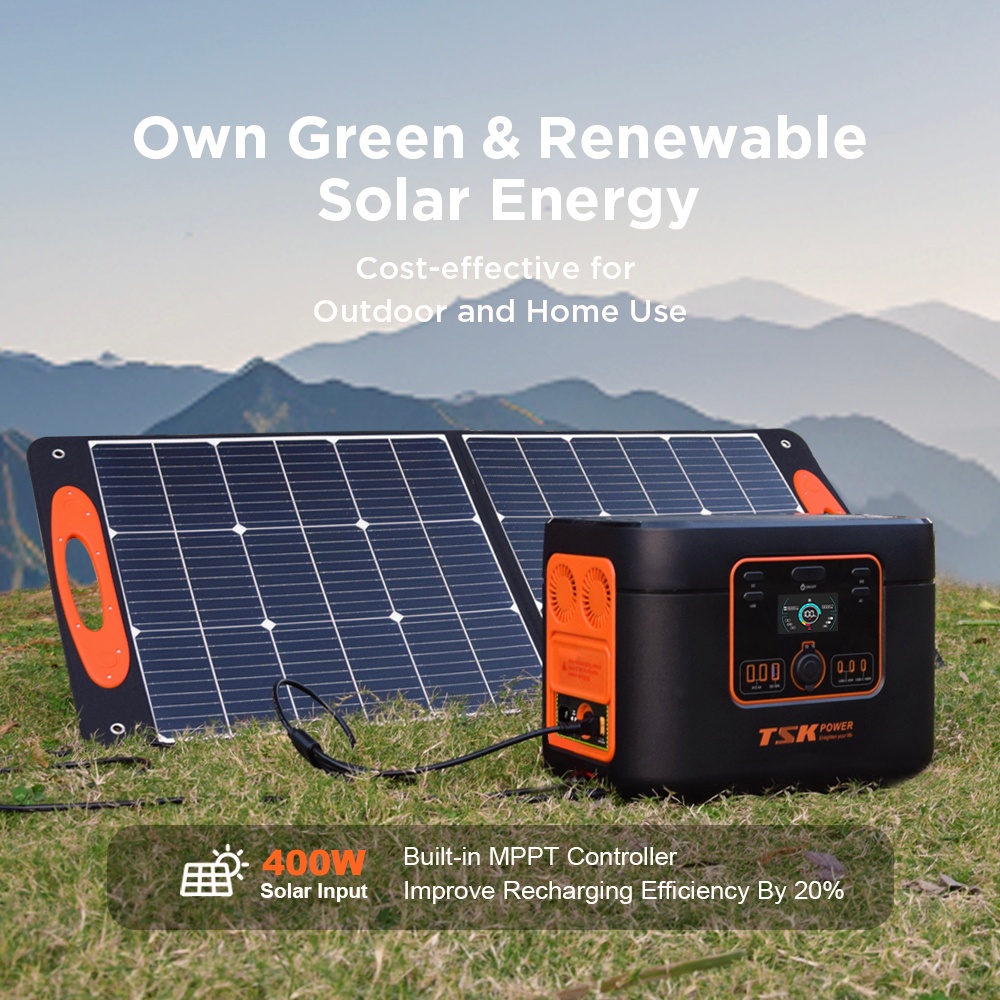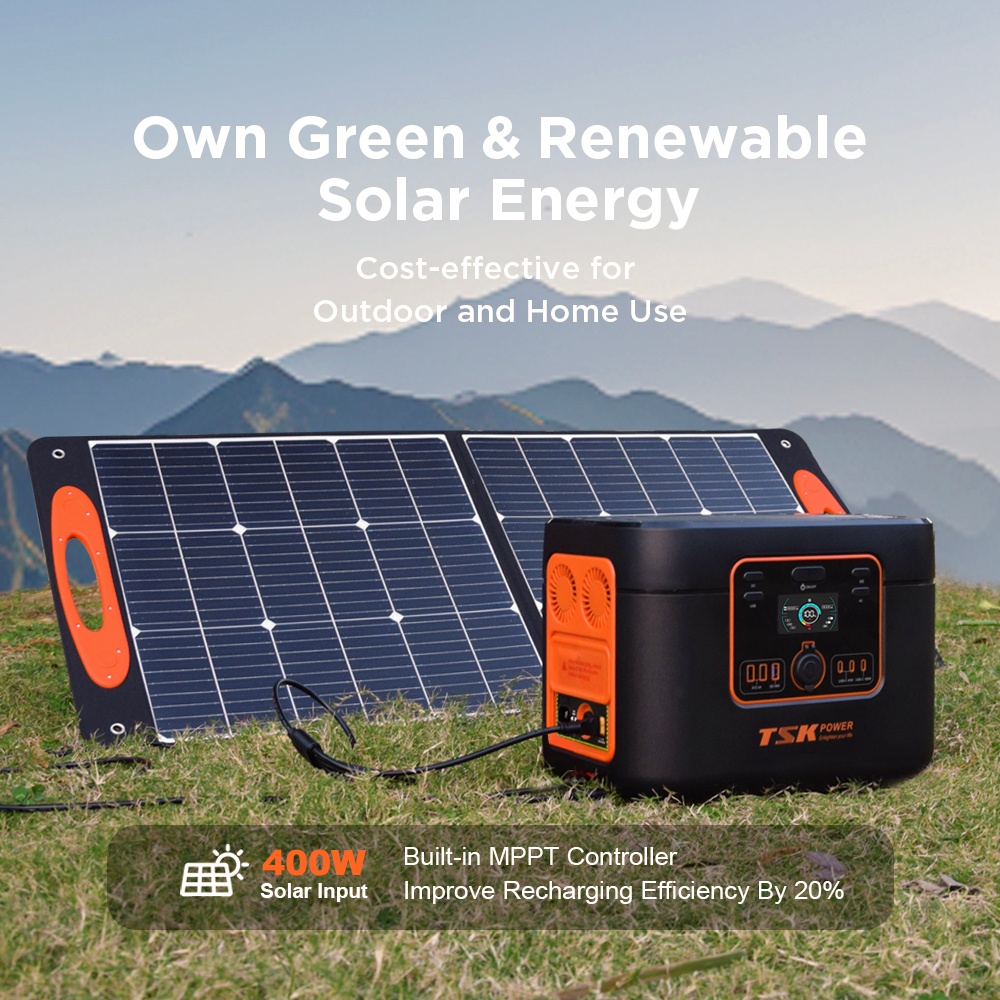Although outdoor power supply and uninterruptible power supply are both energy storage power supply, there are great differences between the two scenarios and the cells. Let's see what are the differences between uninterrupted power supply and outdoor power supply?
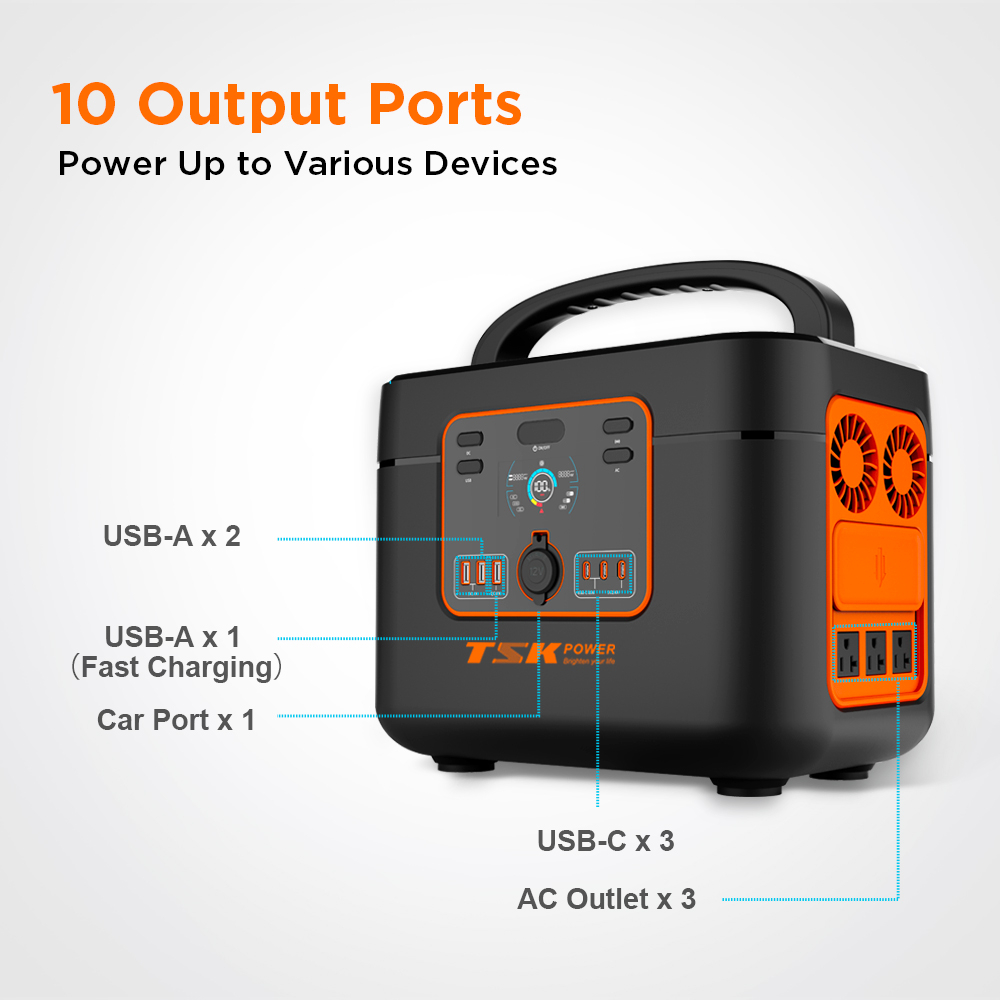
First, the cell of both
Uninterruptible power supply: UPS power supply is a power supply equipment that connects the battery (mostly lead-acid maintenance-free battery) to the main engine and converts direct current into municipal power through the module circuit of the host inverter.
Outdoor power supply: it is a portable portable energy storage power supply that can be stored by itself. It connects the cell (ternary lithium battery, lithium iron phosphate battery) and the power interface, and transforms the direct current through the inverter and other module circuits for the municipal power supply equipment.
Second, the use of both
Uninterruptible power supply: power supply to provide stable and uninterrupted power supply for a single equipment. Such as elevators, computers, servers, etc.
Outdoor power supply: portable energy storage power supply for laptops, mobile phones, outdoor work, outdoor camping and other electronic products as well as low-power devices, especially for the application scenarios without external power supply.
Third, the principle of both
Uninterruptible power supply: it stabilizes the commercial power supply and supplies it to the load. At this time, the UPS is an AC regulator to charge the internal battery; When the mains is interrupted (emergency power failure), the UPS immediately switches through the inverter to provide 220 V AC from the battery to the load to keep the load working normally and protect the software and hardware of the load from damage.
Outdoor power supply: battery for power storage and circuit for stable output voltage (DC-DC converter). Most outdoor power supplies are equipped with chargers or solar energy, which are used to charge the built-in cells.
 2024-08-20
2024-08-20
